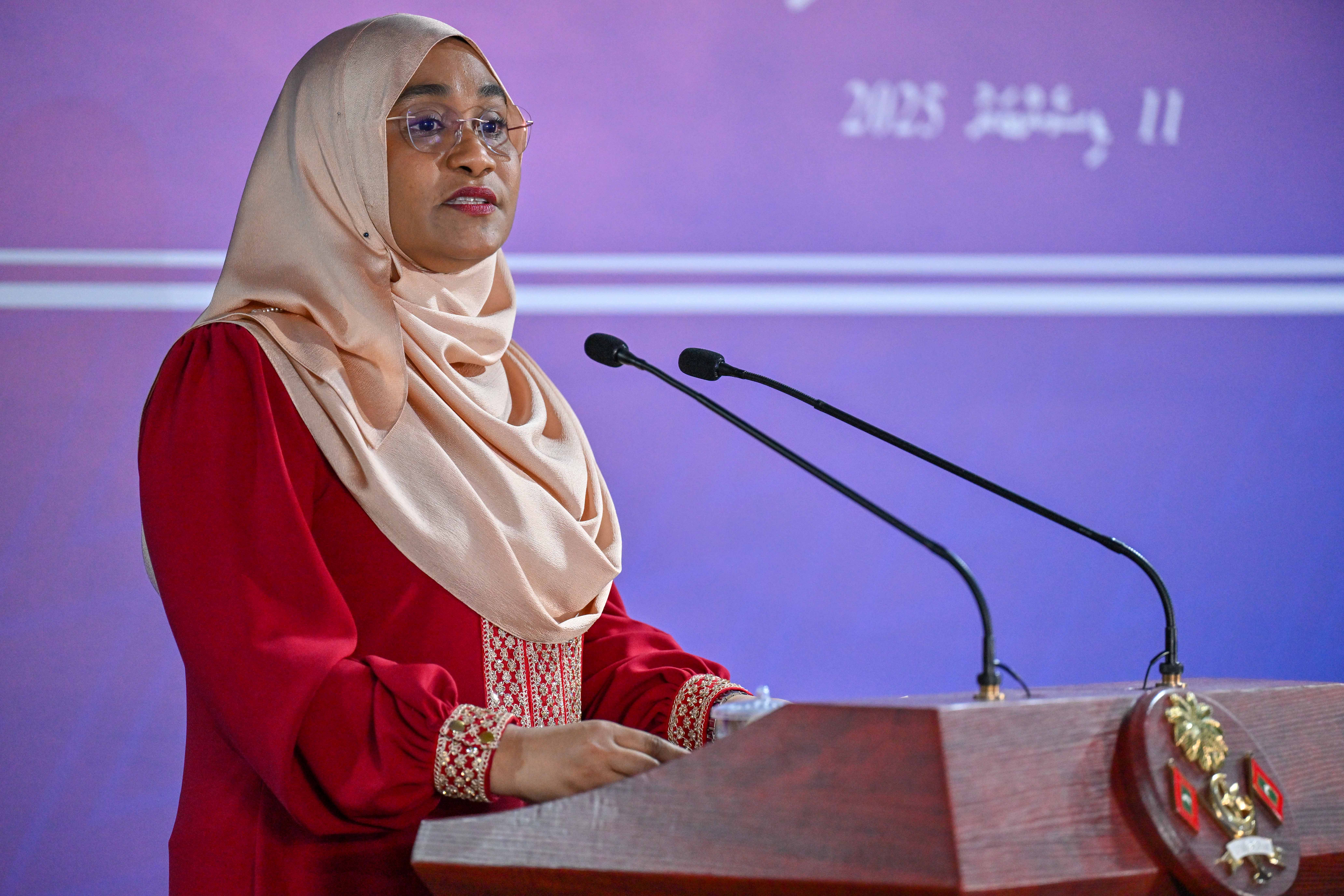Bangladesh’s UNICEF representative said that at least 3.5 million children urgently need clean drinking water as the risk of waterborne diseases becomes manifold. It is a huge number and it has increased a lot in the last few days. Huge areas have done underwater damage to water and food supplies.
All government agencies have rushed to provide relief including water and other supplies. The floods have disrupted most government facilities including hospitals, schools, etc.
Fifteen children have drowned in flash floods that swept through Bangladesh with another 3.5 million urgently needing clean drinking water as the risk of waterborne diseases grows, UNICEF’s country representative said on Friday.
“That’s a staggering number of children and an increase over the last couple of days. Huge areas are fully underwater and are disconnected from safe drinking water and food supplies. Children need help right now,” Sheldon Yett said.
The floods have also disrupted health facilities, shut schools, and disrupted malnutrition treatment for hundreds of children, Yett told a briefing in Geneva.
Diarrhea cases have also gone up touching the mark of 2,700. Authorities have been warning that there is a real risk of a disease epidemic. In total, more than 4.5 million people have been stranded and dozens killed in Bangladesh, many in the worst flooding in the Sylhet region in the northeast for more than 100 years.
All government agencies have rushed to provide relief including water and other supplies. The floods have disrupted most government facilities including hospitals, schools, etc.
Fifteen children have drowned in flash floods that swept through Bangladesh with another 3.5 million urgently needing clean drinking water as the risk of waterborne diseases grows, UNICEF’s country representative said on Friday.
“That’s a staggering number of children and an increase over the last couple of days. Huge areas are fully underwater and are disconnected from safe drinking water and food supplies. Children need help right now,” Sheldon Yett said.
The floods have also disrupted health facilities, shut schools, and disrupted malnutrition treatment for hundreds of children, Yett told a briefing in Geneva.
Diarrhea cases have also gone up touching the mark of 2,700. Authorities have been warning that there is a real risk of a disease epidemic. In total, more than 4.5 million people have been stranded and dozens killed in Bangladesh, many in the worst flooding in the Sylhet region in the northeast for more than 100 years.


















